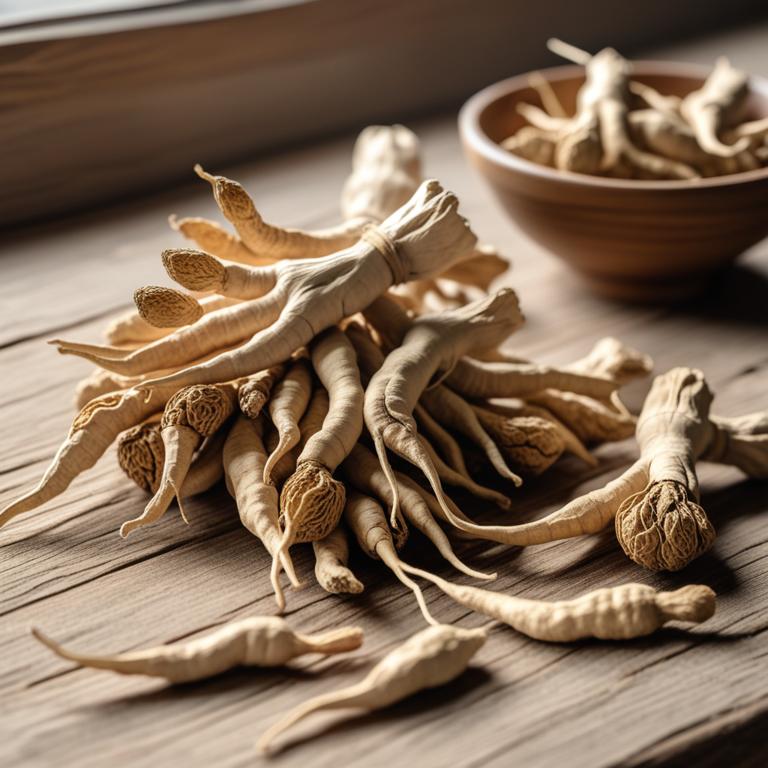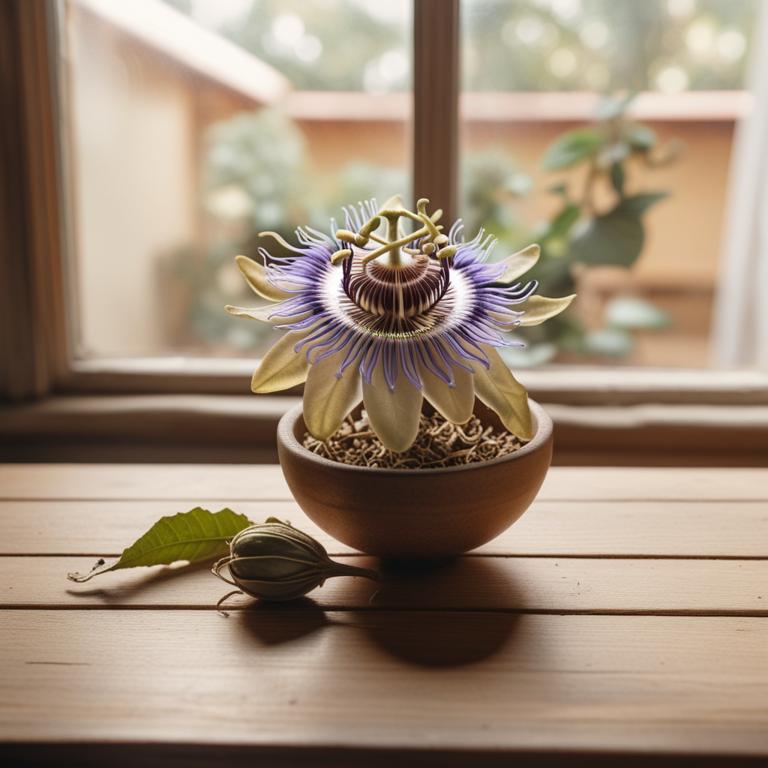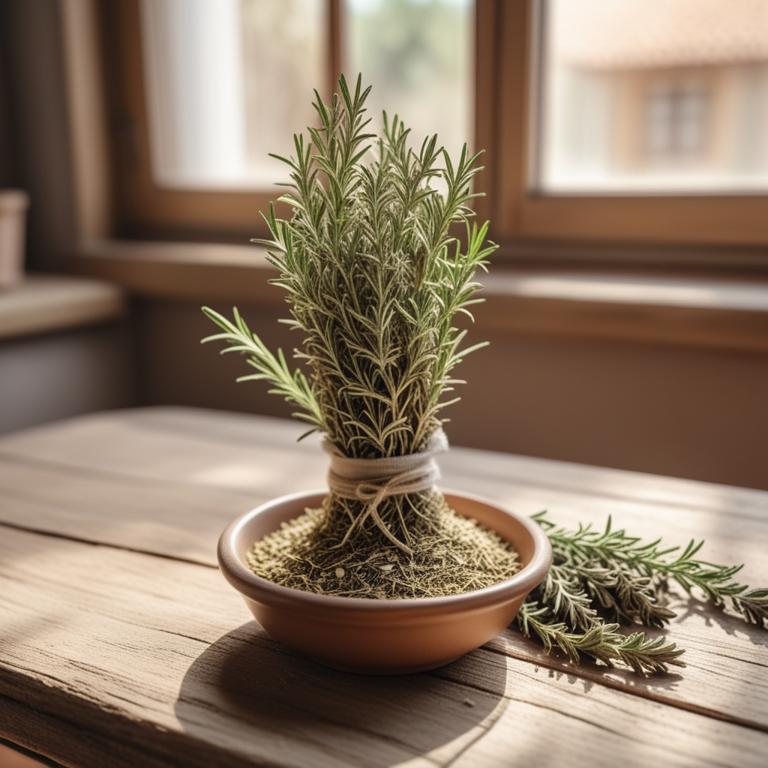Updated: Dec 1, 2024
Eye Twitching and the Power of Medicinal Herbs and Herbal Preparations

Eye twitching, also known as blepharospasm, is a common condition where the eyelid suddenly contracts and twitches.
It can be quite annoying and even embarrassing, especially if it happens during meetings or when you're trying to relax. But what causes it?. Sometimes it's due to fatigue, stress, or caffeine intake. Other times, it can be a sign of an underlying condition like an eye problem, a nutritional deficiency, or even a side effect of certain medications.
Fortunately, there are some natural remedies that can help soothe and calm the twitching eyelid. Herbal remedies like chamomile, lavender, and valerian root have been used for centuries to calm the nervous system and promote relaxation. You can drink chamomile tea or take a warm bath with lavender essential oil to unwind and calm your body. Valerian root tea is also a great option, as it promotes deep relaxation and can help reduce anxiety and stress. In addition to these herbs, eye twitching can also be alleviated with other natural remedies like eye massage, cold compresses, and even a pinch of Himalayan pink salt.
But if your eye twitching persists or is accompanied by other symptoms, it's always best to consult with a healthcare professional to rule out any underlying conditions.
Table of Contents
- What are the root causes of eye twitching?
- What are the advantages of using herbs to treat eye twitching?
- What medicinal herbs are most effective in treating the condition of eye twitching?
- What are the most frequently used herbal preparations for the cure of eye twitching?
- What herbs should be approached with caution if you're prone to eye twitching?
- FAQ
What are the root causes of eye twitching?
The main causes of eye twitching are quite varied, but some common factors contribute to this annoying condition.
For instance, caffeine is a major culprit, especially if you consume it in excess. When you drink too much coffee, tea, or energy drinks, it can lead to an increase in nerve activity, causing your eyelid to twitch involuntarily. Another common cause is fatigue, which can be due to lack of sleep or exhaustion. When you're tired, your body's muscles, including the tiny muscles that control eye movements, can become overactive, resulting in twitching. Similarly, stress and anxiety can also trigger eye twitching, as they can cause your nervous system to go haywire.
When you're under a lot of pressure, your body releases stress hormones, which can stimulate your muscles and lead to twitching. Dehydration is another factor that can cause eye twitching. When you don't drink enough water, your body's electrolyte levels can become imbalanced, leading to muscle spasms and twitching. On the other hand, a nutrient deficiency, particularly in magnesium or potassium, can also contribute to eye twitching. These essential minerals help regulate muscle function, and a lack of them can cause your muscles to become overactive and twitch. It's worth noting that eye twitching can also be caused by underlying medical conditions, such as blepharospasm or benign essential blepharospasm, but these are relatively rare.
In most cases, the causes mentioned above are the primary factors contributing to eye twitching.
What are the advantages of using herbs to treat eye twitching?
Using herbs to help with eye twitching can bring several benefits.
They can help calm the muscles around your eyes, which is often the main reason for twitching. Some herbs have a natural sedative effect, which can help reduce stress and anxiety that may be contributing to the twitching.
Others have anti-inflammatory properties, which can help reduce swelling and irritation in the eyes. This can make your eyes feel more comfortable and relaxed. Additionally, some herbs can help regulate the body's internal balance, which can help prevent twitching in the first place.
When used correctly, herbs can be a natural and effective way to address eye twitching without relying on medication.
What medicinal herbs are most effective in treating the condition of eye twitching?

Eye twitching can be caused by stress, fatigue, and even certain medications.
Herbs like Valeriana officinalis, also known as valerian root, can help calm the nerves and promote relaxation. Its sedative properties can slow down your heart rate and reduce anxiety, which can lead to eye twitching. Another herb, Passiflora incarnata or passionflower, has a similar effect. It's known to reduce symptoms of anxiety and insomnia, helping to calm the nervous system and minimize twitching. Avena sativa, or oat straw, is often used to treat anxiety and restlessness. It's believed to have a soothing effect on the nervous system, which can help alleviate eye twitching caused by stress and tension.
Lavandula angustifolia, or lavender, is a popular herb used for its calming properties. Its fragrance can help reduce anxiety and promote relaxation, which can help minimize eye twitching. Additionally, lavender's antispasmodic properties can help relax muscles and reduce twitching. Lastly, Zingiber officinale, or ginger, has anti-inflammatory properties that can help reduce swelling and pain in the face and eyes. This can be beneficial if eye twitching is caused by sinus pressure or allergies. Ginger's warming properties can also help relax the muscles and reduce twitching.
These herbs can be consumed as teas, capsules, or added to food, and they may help alleviate eye twitching caused by various factors.
What are the most frequently used herbal preparations for the cure of eye twitching?

Herbal preparations can be very helpful when you're experiencing eye twitching.
Eye twitching, or blepharospasm, is usually caused by stress, fatigue, or irritation. To calm your twitching eyes, you can use various herbal preparations. A tincture is a concentrated liquid extract of herbs. For eye twitching, you can take a tincture of valerian root or passionflower to calm your nervous system and relax your eyes. A decoction is another type of herbal preparation that's made by steeping herbs in water.
A decoction of chamomile or lavender can be very soothing for your eyes and help calm your nervous system. You can drink it as a tea or apply it as a compress to your eyes. Herbal capsules contain dried herbs that you can swallow as a supplement. Capsules of calcium and magnesium can help relax your muscles and calm your twitching eyes. For a more direct approach, you can use herbal creams or salves on your eyes. A cream or salve of aloe vera or chamomile can be very soothing and calming for your eyes.
They can be applied directly to your eyelids to help relax your muscles and calm your twitching eyes.
Additional Resources:
What herbs should be approached with caution if you're prone to eye twitching?
If you're experiencing eye twitching, it's best to steer clear of certain herbs.
One of them is Piper methysticum, also known as kava, which can cause muscle spasms and other issues that might exacerbate your twitching. Another herb to avoid is Pausinystalia johimbe, or yohimbe, which can increase heart rate and blood pressure, putting extra strain on your eyes.
Ephedra sinica, or ephedra, is also something to be cautious about, as it can cause eye strain and increase heart rate. Ginkgo biloba might seem like a harmless herb, but it can actually cause eye problems in some people, including twitching.
Gelsemium sempervirens, also known as gelsemium, is a particularly concerning herb, as it can cause muscle weakness and spasms, which can be quite unsettling, especially if you're already dealing with eye twitching.
FAQ
Are there any specific herbs that can prevent eye twitching?
Eye twitching can be caused by stress, fatigue, or certain nutrients lacking in the body.
Some herbs like passionflower and valerian root may help calm the nervous system and reduce twitching.
These herbs have been traditionally used to promote relaxation and reduce muscle spasms, which may alleviate eye twitching symptoms.
Is it safe to use herbal remedies for eye twitching during pregnancy?
Using herbal remedies for eye twitching during pregnancy can be a concern.
Some herbs like valerian and passionflower may affect the muscles in the eye, but it's not clear how they interact with pregnancy hormones.
If you choose to use them, start with small amounts and be cautious, as too much can be harmful.
Are there any herbs that can reduce the frequency of eye twitching?
Some herbs, like chamomile and passionflower, have been used to calm the nerves and may help reduce eye twitching.
These herbs are thought to relax the muscles and reduce stress, which can contribute to twitching.
Drinking tea made from these herbs or taking supplements might help alleviate the issue.
Can i combine different herbal remedies for eye twitching?
You can try combining herbal remedies for eye twitching, but be cautious.
For example, if you're using chamomile tea to calm your eyes, you might also try adding some valerian root to enhance its relaxing effects.
However, some herbs can interact with each other, so start with small amounts and observe how your body reacts.
Related Articles
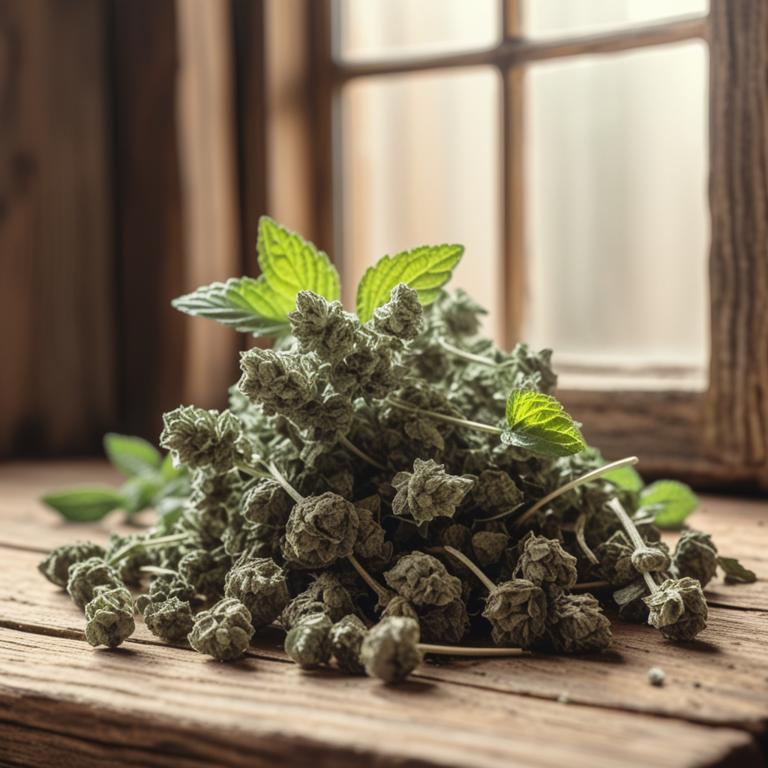
Understanding Taste Changes: Causes, Medicinal Herbs, and Herbal Preparations

Sore Eyes Treatment with Medicinal Herbs and Herbal Preparations
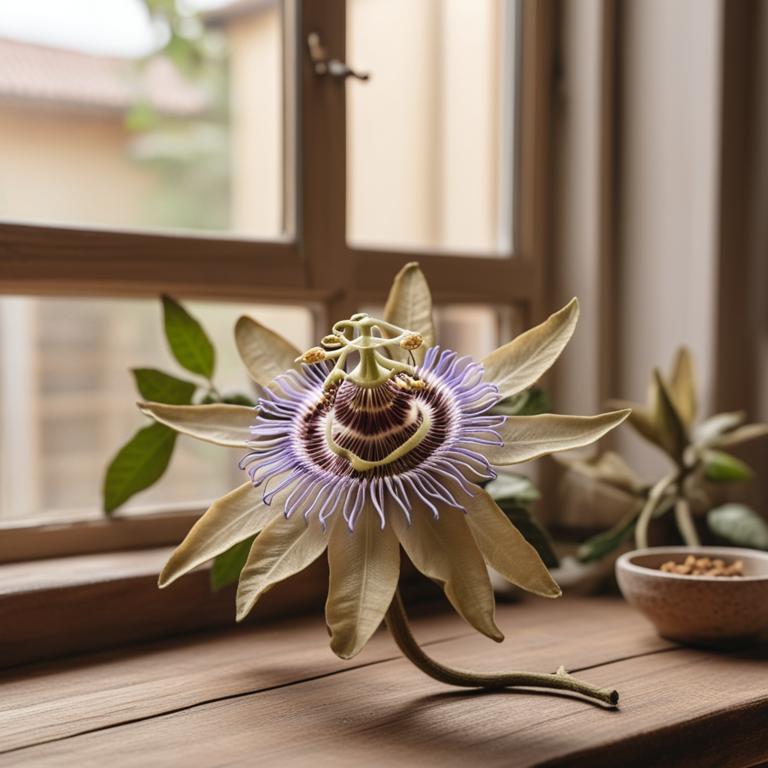
Dizziness: Causes, Symptoms, and Natural Relief with Medicinal Herbs and Preparations
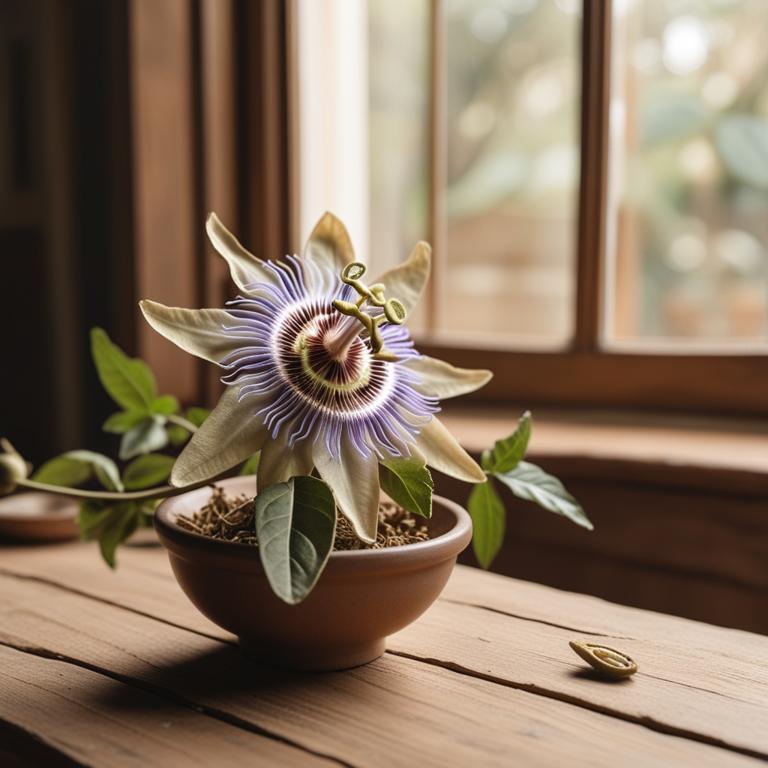
The Causes of Grief: Finding Relief with Medicinal Herbs

Motion Sickness Causes and Medicinal Herbs for Relief
